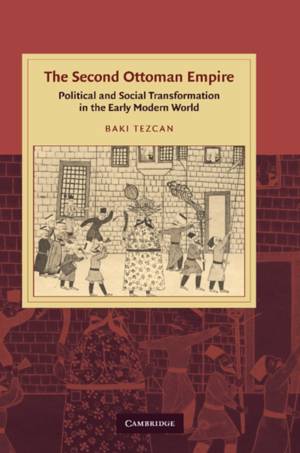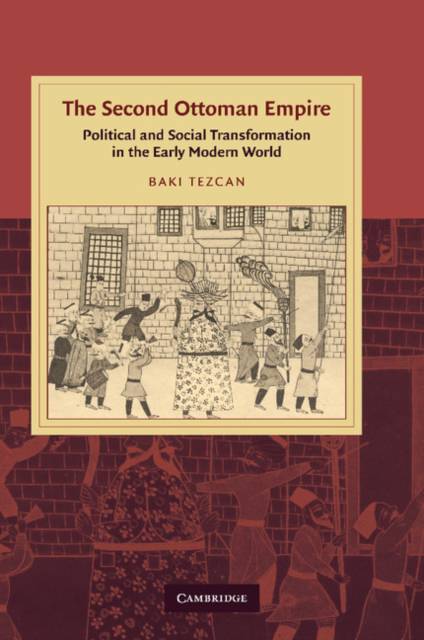
- Afhalen na 1 uur in een winkel met voorraad
- Gratis thuislevering in België vanaf € 30
- Ruim aanbod met 7 miljoen producten
- Afhalen na 1 uur in een winkel met voorraad
- Gratis thuislevering in België vanaf € 30
- Ruim aanbod met 7 miljoen producten
Zoeken
€ 74,95
+ 149 punten
Uitvoering
Omschrijving
Although scholars have begun to revise the traditional view that the seventeenth and eighteenth centuries marked a decline in the fortunes of the Ottoman Empire, Baki Tezcan's book proposes a radical new approach to this period. While he concurs that decline did take place in certain areas, he constructs a new framework by foregrounding the proto-democratization of the Ottoman polity in this era. Focusing on the background and the aftermath of the regicide of Osman II, he shows how the empire embarked on a period of seismic change in the political, economic, military, and social spheres. It is this period - from roughly 1580 to 1826 - that the author labels "The Second Empire," and that he sees as no less than the transformation of the patrimonial, medieval, dynastic institution into a fledgling limited monarchy. The book is essentially a post-revisionist history of the early modern Ottoman Empire that will make a major contribution not only to Ottoman scholarship but also to comparable trends in world history.
Specificaties
Betrokkenen
- Auteur(s):
- Uitgeverij:
Inhoud
- Aantal bladzijden:
- 306
- Taal:
- Engels
- Reeks:
Eigenschappen
- Productcode (EAN):
- 9781107411449
- Verschijningsdatum:
- 25/10/2012
- Uitvoering:
- Paperback
- Formaat:
- Trade paperback (VS)
- Afmetingen:
- 152 mm x 229 mm
- Gewicht:
- 412 g

Alleen bij Standaard Boekhandel
+ 149 punten op je klantenkaart van Standaard Boekhandel
Beoordelingen
We publiceren alleen reviews die voldoen aan de voorwaarden voor reviews. Bekijk onze voorwaarden voor reviews.







